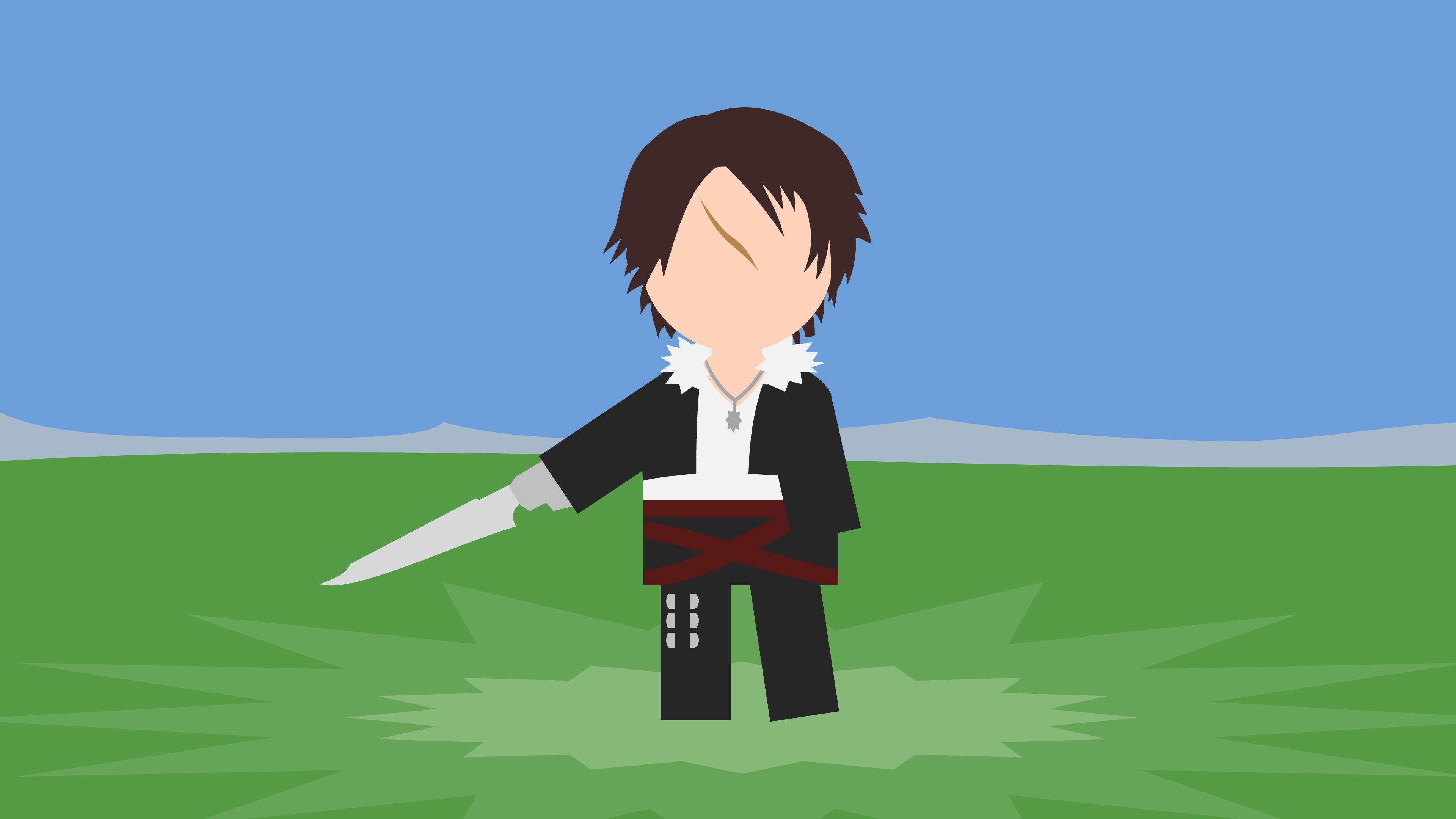Nothing is final in Final Fantasy VIII

The first time I picked up a copy of Final Fantasy VIII (FFVIII) was in 2001, at my local library. Although I loved the game, I didn’t manage to complete it back then. And how could I? Not only was I just a kid in primary school, I had also never played role-playing games before. Now, more than 23 years later, I decided to finally revisit (and finish) this classic JRPG.
To be more specific, I played the 2013 Steam version, which is virtually identical to the original PC release, with the exception of some publisher logos that have changed in the intervening years. There is also a 2019 remastered version with slightly better graphics. I strongly recommend getting the latter version unless you are able to look at Final Fantasy VIII through rose-tinted glasses.
A small word of warning: the 2013 version (and possibly the 2019 version also) does not work properly with Parallels on Apple Silicon Macs. The game will start and run, but with all kinds of frame rate issues that make some parts of the game too fast and others too slow. You will need a machine that runs Windows natively.
| Reviewed version | Windows (via Boot Camp on a 2013 MacBook Pro) |
|---|---|
| Release date | 18 February 2000 |
| Developer | SquareSoft |
| Publisher | Eidos Interactive |
I find it hard to tell whether Final Fantasy VIII has aged well. The game itself is basically the same as any other role-playing game: there’s a story, a party of characters that you control, and a world filled with items, magic spells, monsters, battles, and lots and lots of dialogue.
The only thing that really sets Final Fantasy VIII apart from most other role-playing games is the way it handles magic and stats. However, this also happens to be the weakest part of the game.
In most role-playing games you gradually learn spells that cost energy or magic points to cast, but otherwise remain with your character indefinitely. In FFVIII, spells are more like items: they can be extracted from the world, “stolen” from enemies during battle or crafted from various items. Casting a spell consumes it, and casting all spells of a particular type removes it from your inventory. You can either replenish your stocks periodically (which can take quite some work) or simply not bother with magic, which is what I did.
Playable characters have levels and stats that increase every time they level up, and their weapons can be upgraded at various junk shops. However, none of these things matter. In practice, your stats are mostly affected by the amount, type and level of magic spells that you “junction” to characters. Casting spells that are junctioned to a character therefore reduces their stats – even during a battle. Again, the easiest solution is to invest a couple of hours to “farm” good spells that you can junction and then simply pretend that magic doesn’t exist.
Another weird part of FFVIII’s junction system is how it handles abilities. Throughout the game you’ll collect various Guardian Forces (GFs), mythical beings that . A Guardian Force can be junctioned to a character, which gives him or her special abilities. This might have made sense if not for the fact that this also includes simple abilities like casting magic spells and using items. Yes, you read that right. Your dumb-ass characters can’t even drink potions without a Guardian Force.
That’s not to say that Final Fantasy VIII is a bad game. Graphically the game looks decent, especially considering that its original release for the PlayStation was more than 25 years ago. The pre-rendered FMV cutscenes hold up surprisingly well, as do the gorgeously drawn 2D backgrounds. The parts that are rendered in 3D (character models, battles and the overworld) have not aged as well, but you get used to it quickly. The same is true for the soundtrack, which is largely based on MIDI, but nevertheless sounds good and adds a lot of atmosphere to the game.
The story is a bit of a mixed bag. Personally I liked it, but I also understand why not everyone likes it. It’s got quite a number of plot holes, and gets progressively weirder as it goes on.
The game starts in Balamb Garden, . You play Squall, a teenager who is about to graduate from Balamb Garden. Squall seemed like a cool, mysterious guy when I played this game as a ten-year old. Now that I’m older I just see him as an obnoxious kid, which is kind of a problem given that you are supposed to identify with the main protagonist. Anyway, you soon learn that there’s more to life than completing missions: ideals to fight for, things to take charge of, and relationships! These are all things that Squall doesn’t seem to care a lot about for most of the game, but fortunately the other characters in your party aren’t party poopers so the story still goes somewhere.
That is, until the last part of the story, where it seems to . But don’t let that stop you. There’s plenty to enjoy in Final Fantasy VIII.
Good
Final Fantasy VIII tells an interesting story, but can feel like a work simulator from time to time.

